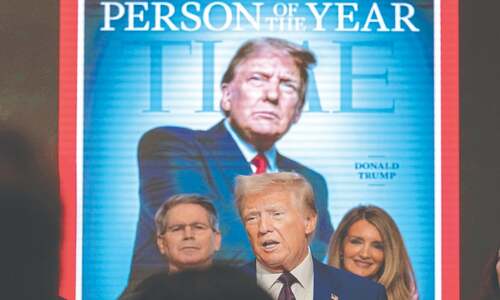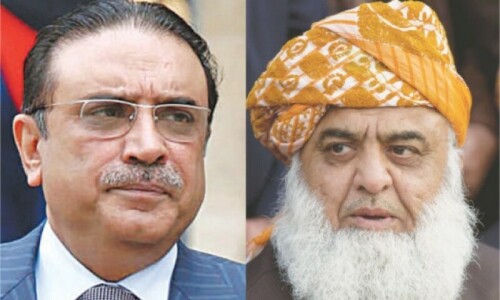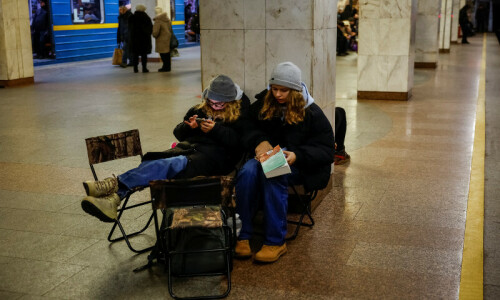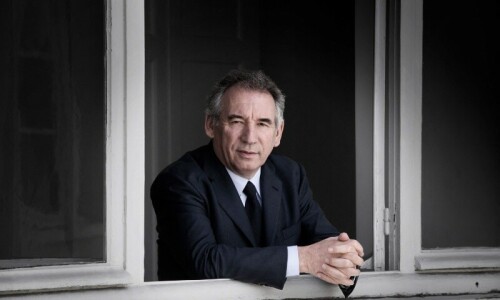VIENNA: Outside the dim stairwell of a huge concrete housing block, Hueseyin Karakoe pauses from sweeping up cigarette butts in the cold and says he is glad Austria has been his home for the past 25 years.
But after the collapse in July of a left-right coalition, Turkish-born Karakoe is fed up with feuding politicians in the run-up to a parliamentary election on Sept 28.
“I want to vote for a party that does more for workers. Everything is more expensive now – bread, food, everything. Wages are too low. That’s what I care about,” said Karakoe, 46, a naturalised Austrian citizen.
Austria is one of the European Union’s most prosperous nations, but with its economy slowing and prices rising, the election campaigns are not just focused on Vienna’s cafes and concert halls.
Its public housing projects, home to one third of voters, are the battleground for governing Social Democrats and opposition far-right parties in a campaign dwelling on economic worries, resurgent inflation and – for some – immigration.
The projects, some going back as far as the 1920s and many named after famous European labour leaders and Social Democrats, symbolise the “Red Vienna” despised by rightists who say the left allowed too many immigrants to secure Austrian citizenship without even learning German.
And like many in Vienna, the project where Karakoe empties bins and sweeps the streets is now also home to a mix of native-born Austrians and immigrants of Turkish and Yugoslav descent, the vast majority of whom carry Austrian passports.
Polls predict the populist far-right Freedom Party headed by Heinz-Christian Strache, and a splinter party, Alliance for Austria’s Future founded by Freedom’s former leader Joerg Haider, could mop up around a quarter of votes between them – a 10-point gain from two years ago.
With Austria’s main parties – the Social Democrats and centre-right People’s Party – looking set to win a combined share of less than 60 per cent of the vote for the first time since World War Two, either could be a coalition partner.
Tensions
Freedom – which as part of government in 2000 earned Austria rebukes from fellow EU states worried about the party’s anti-immigrant agenda – has softened its stance, coming closer to the centre-left with calls for measures to ease the pain of inflation, and slogans such as “Social, not socialist!”
But it still demands a halt to immigration and a ministry for repatriating foreigners: “If you want an apartment, all you need is to be wearing a headscarf,” Strache said earlier this month, accusing Social Democrats of making public housing more accessible to immigrants than to native Austrians.
Similar tensions are rippling across other parts of Europe as a slowdown in growth and increasing unemployment and inflation take hold, but Austria – whose 8.4 million population includes about 1.4 million people with an immigrant background many of Yugoslav or Turkish origin – has long been sensitised.Under Haider, the Freedom Party won enough votes to form a coalition with the conservatives that lasted from 2000-2005.
Anti-Muslim and anti-Semitic sentiment is not uncommon, if rarely public in the country which only recently acknowledged it was a willing part of Hitler’s Third Reich.
A recent poll by the GfK market research group showed that after Britain, Austrians were the most concerned about immigration and integration in Europe, with one in five rating it as a top worry.—Reuters














































Dear visitor, the comments section is undergoing an overhaul and will return soon.